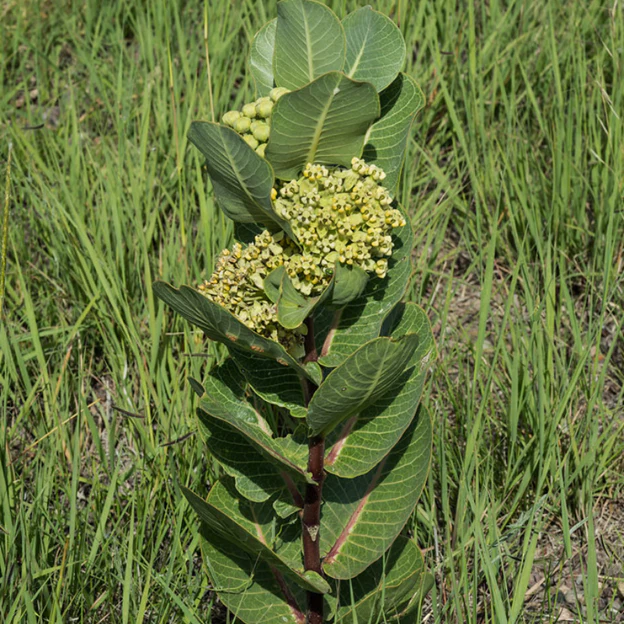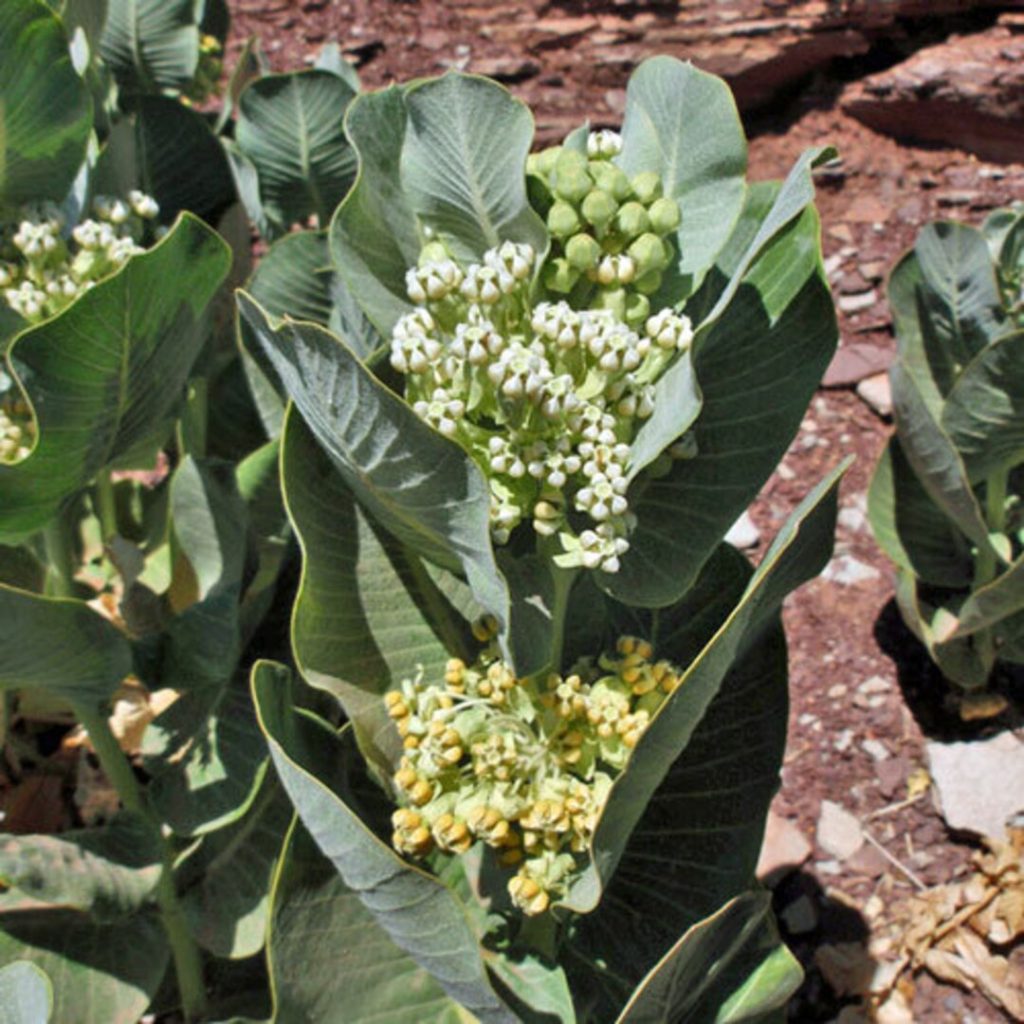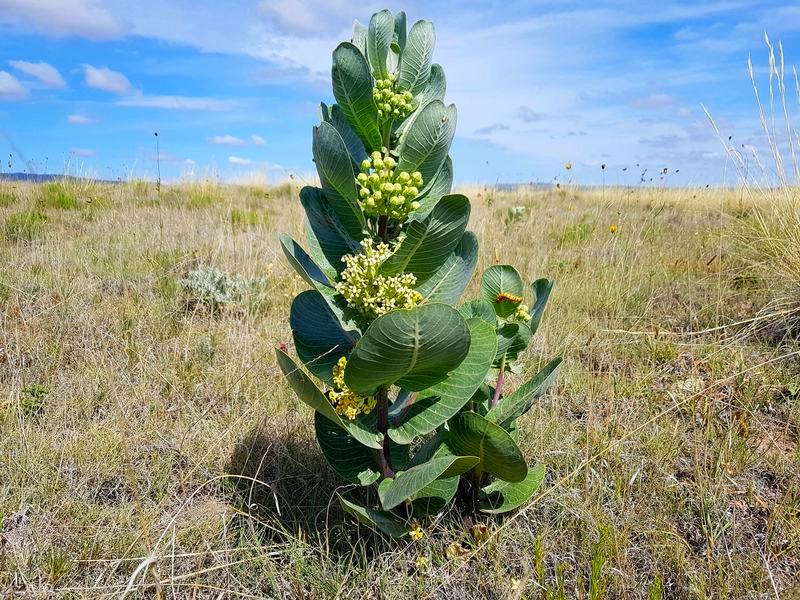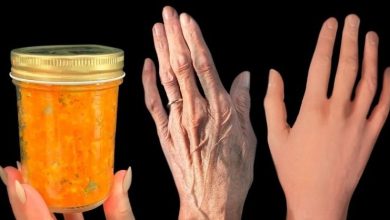Euphorbia hirta, commonly known as the “asthma plant,” has been traditionally used in herbal medicine across Asia and Africa. While it holds some potential health benefits, many claims about this plant remain unsupported by rigorous scientific research. Therefore, it’s essential to approach its usage with caution and a clear understanding of its limitations.
Let’s explore the scientifically backed and traditionally reported benefits of Euphorbia hirta and learn how to use it responsibly.

1. Potential Digestive Benefits
Euphorbia hirta has been traditionally used to alleviate mild digestive issues, including diarrhea and stomach discomfort.
- Anti-Diarrheal Properties: The plant contains bioactive compounds that may help reduce diarrhea due to their potential antimicrobial and anti-inflammatory effects.
- Relief from Stomach Discomfort: Traditional remedies suggest it may help alleviate mild indigestion and bloating, though clinical evidence is limited.
How to Use:
Prepare a mild tea by boiling washed Euphorbia hirta leaves in water for 10-15 minutes. Consume in moderation (no more than once daily) and under the guidance of a healthcare professional.
2. Immune Support (Traditional Use)
Traditional practices suggest that Euphorbia hirta may have properties that help combat mild infections and inflammation.
- Antimicrobial Activity: Laboratory studies indicate that the plant exhibits antimicrobial properties, but its effects on humans remain largely unproven.
- Anti-Inflammatory Potential: Its natural compounds may assist in reducing inflammation when used appropriately.
3. Respiratory Health (Traditional Use)
The plant is commonly known as the “asthma weed” due to its historical use in managing mild respiratory issues.
- Asthma and Cough Relief: It may help relax the airways and reduce mild symptoms of asthma or bronchitis. However, it should never replace prescribed medications for respiratory conditions.
4. Limited Skin Care Applications
The antimicrobial and anti-inflammatory properties of Euphorbia hirta have been used traditionally for minor skin issues.
- Wound Healing: Some traditional practices involve applying crushed leaves to minor cuts or wounds, though this carries a risk of infection if not properly sanitized.
- Skin Irritation Relief: It may provide relief from mild rashes or itching.
How to Use:
Always clean and prepare the leaves properly before topical use. Consult a healthcare provider for advice.
Precautions and Risks

While Euphorbia hirta has potential benefits, it’s essential to exercise caution:
- Toxicity Risk: High doses can lead to side effects such as nausea, vomiting, or irritation.
- Pregnancy and Breastfeeding: Avoid use during pregnancy or breastfeeding due to potential risks to the mother and child.
- Consult a Professional: Always seek advice from a qualified healthcare professional before using this plant, especially if you have underlying health conditions or are on medications.
Myths Debunked
Some exaggerated claims, such as its ability to regulate blood sugar, treat kidney stones, or act as a powerful painkiller, are not supported by reliable scientific evidence. It’s important to avoid relying on unverified information or using the plant as a replacement for prescribed medical treatments.
Conclusion

Euphorbia hirta is a versatile plant with a history of use in traditional medicine, particularly for digestive, respiratory, and mild skin concerns. While it shows promise, its benefits have not been conclusively proven in clinical studies, and misuse can lead to adverse effects.
If you wish to explore the potential of this plant, do so responsibly by consulting a healthcare professional and using it in moderation. Remember, herbal remedies can complement but should not replace modern medical treatments.
By incorporating Euphorbia hirta mindfully into your wellness routine, you can benefit from its potential properties while staying safe.







